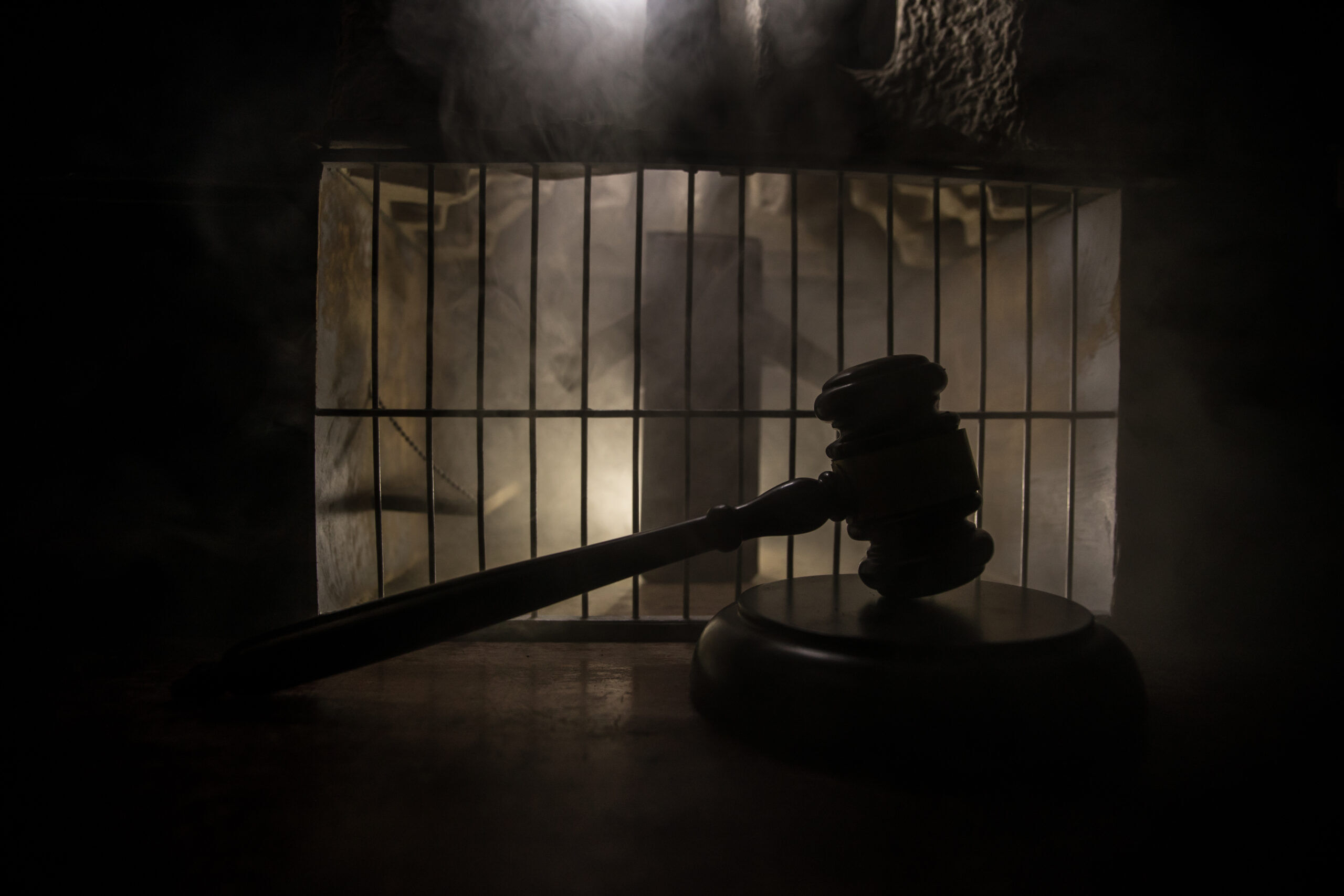With no federal law banning conversion therapy, the long-debunked practice is currently outlawed in about half of US states. And with anti-LGBTQ+ legislation on the rise, it’s no surprise conversion therapy bans are an active target for the right. One Christian rights group seeks to attack such bans through a lawsuit recently petitioned to the Supreme Court.
The case, Tingley v Ferguson, concerns Washington state, where licensed healthcare providers are banned from practicing conversion therapy on minors. Marriage and family counselor Brian Tingley is claiming that the law violates freedom of speech and religion—a claim that depends on defining his therapy practice as speech rather than conduct.
The reason why one needs a license to perform therapy is that healthcare is highly regulated for public safety. Conversion therapy, by contrast, is not therapy but a pseudoscientific practice that has been debunked as harmful to LGBTQ+ people by major medical institutions—The American Psychological Association, the American Psychiatric Association, and the American Medical Association to name a few.
Related
On its own, Tingley’s case might have gone nowhere, but he’s got backing from the Alliance Defending Freedom (ADF). If their name sounds familiar, the ADF was recently behind 303 Creative LLC v Elenis, a case from June in which the Supreme Court ruled that a wedding website designer had the right to discriminate against gay clients.
Subscribe to get a twice-weekly dose of queer news, updates, and insights from the INTO team.
in Your Inbox
According to the Southern Poverty Law Center, the ADF is a hate group that “has supported the recriminalization of sexual acts between consenting LGBTQ adults in the U.S. and criminalization abroad; has defended state-sanctioned sterilization of trans people abroad; has contended that LGBTQ people are more likely to engage in pedophilia; and claims that a ‘homosexual agenda’ will destroy Christianity and society.”
The Supreme Court has yet to pick up Tingley’s petition. While his claim might be shaky, Katherine Franke, the professor of law at Columbia University, believes it may represent a first step. She told The New Republic that whether it’s through this case or some other one “it’s the next step in what is the ADF’s agenda, which is to have free speech and religious liberty rights basically become a mechanism by which to supersede any reasonable government regulation that is enacted in the public’s interest.”
A ruling along those lines would endanger far more than the LGBTQ+ community. “Opening the door in this kind of case … opens the door to quite a few other situations where a person may have an objection to what is a public norm or an expert judgment about the safety of other people,” Franke said. “It shouldn’t be your private decision that you’re not going to agree with that and therefore [will] not follow that law, when that is a condition of your licensure.”













